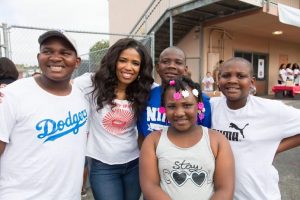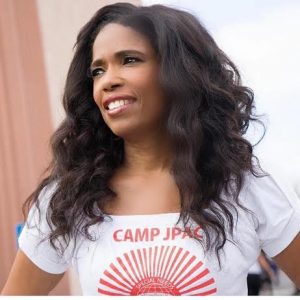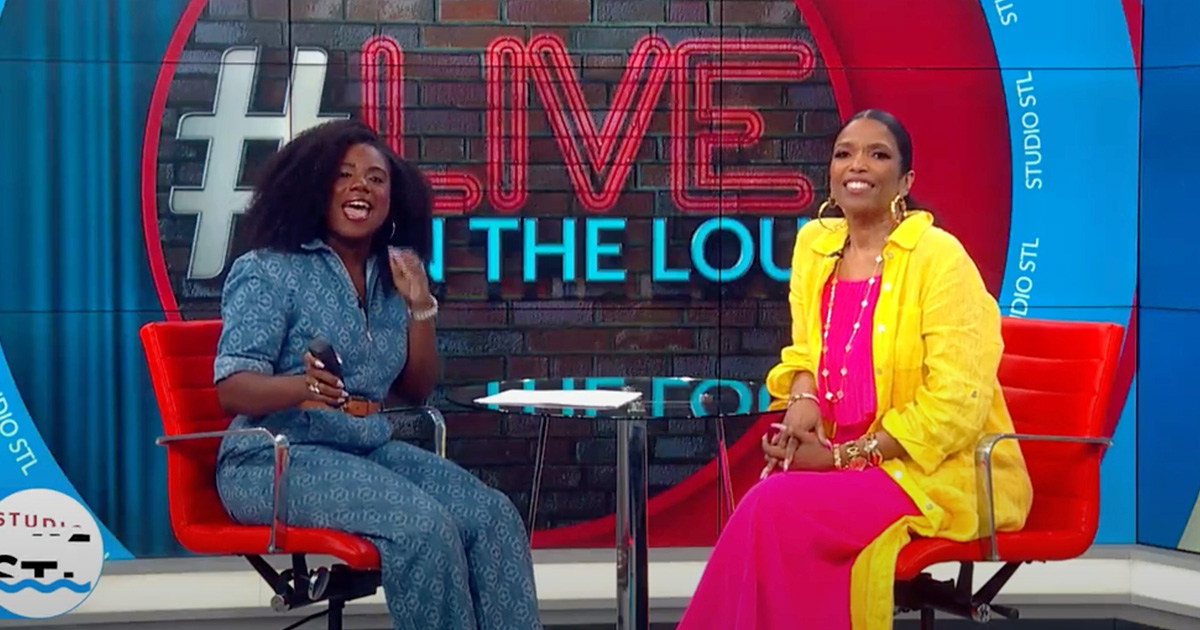My CNN Debate: Two Perspectives On Justice – One Path Forward
After spending all week talking about the shooting deaths of Fernando Castro and Alton Sterling, I was up early Saturday morning after the tragedy in Dallas and heading back to CNN. This time it was a law professor named Dr. Carol Swain from Vanderbilt and myself debating what these last few weeks of violence meant to both policing and race relations in America. Dr. Swain, an African-American woman, took the position that somehow Alton Sterling’s criminal record justified his shooting, and that because she saw a Facebook post of Philando Castile using marijuana, that he was also an appropriate target for the police – two horrendously misguided justifications that you can see shocked me when I heard them live on air.
Areva Martin VS Dr. Swain

What ensued was one of the most heated television debates I’ve ever participated in, and though I did my best to keep my composure and respond to her vicious attacks with facts and some historical perspective on the systemic racial bias in the criminal justice system, it took a Herculean effort! Throughout the debate, Dr. Swain’s remarks were not only offensive, but also just plain wrong. Her words represent the worst commentary our society has to offer on the well-documented racial bias in our criminal justice system. Moreover, victim blaming only provides ammunition and confirmation to the conservative cable news channels which have make both victim blaming and shaming a regular part of their nightly broadcasts.
Social Media Responded
Luckily, the court of public opinion served up righteous indignation at Dr. Swain’s inflammatory statements. Thousands took to Twitter and Facebook asking how a law professor could harbor such hateful feelings towards the victims of these tragedies, and at the same time totally disregard the obvious injustices that African-Americans face during interactions with the police. I don’t know much about Dr. Swain’s history, and cannot comment or what brought her to this place, but I do know that we must reject ideas like hers that tend to perpetuate a false narrative about racial bias. We must continue to stand strong for justice and equality in the criminal justice system.
I know (thanks to the thousands of message I’ve received on social media) that so many of you feel the same way I do – ready to take action to bring real change to this country. But how do we do that? What does standing strong for justice and equality in the criminal justice system actually look like?



Let’s Solve Injustice Together
Let’s look to Dallas, where spiritual leaders from every faith are preaching a message of love as they pay tribute to the five slain officers. These kind of positive messages are an important first step, but more important is the second one. Love alone will not change our criminal justice system, each of us must take action to make a true difference.
And though it’s easy today to feel powerless, we each have a role we can play in changing our world. We must each find the causes that mean the most to us personally, and demonstrate the actions that will help solve injustice wherever it lives.

For me, it’s mentoring kids, particularly those with special needs and their siblings. After an exhaustive week, I joined community leaders, advocates, and parents across Los Angeles to proudly open the only free Autism inclusion camp for kids in South Los Angeles. Special Needs Network’s Camp JPAC provides a safe and enriching environment for 400 low- and moderate-income kids affected by Autism or developmental disabilities and their typical peers. And, it employs over 130 high school and college counselors, many of whom are African-American and Latino males – the population most vulnerable to the biases in our criminal justice system.



